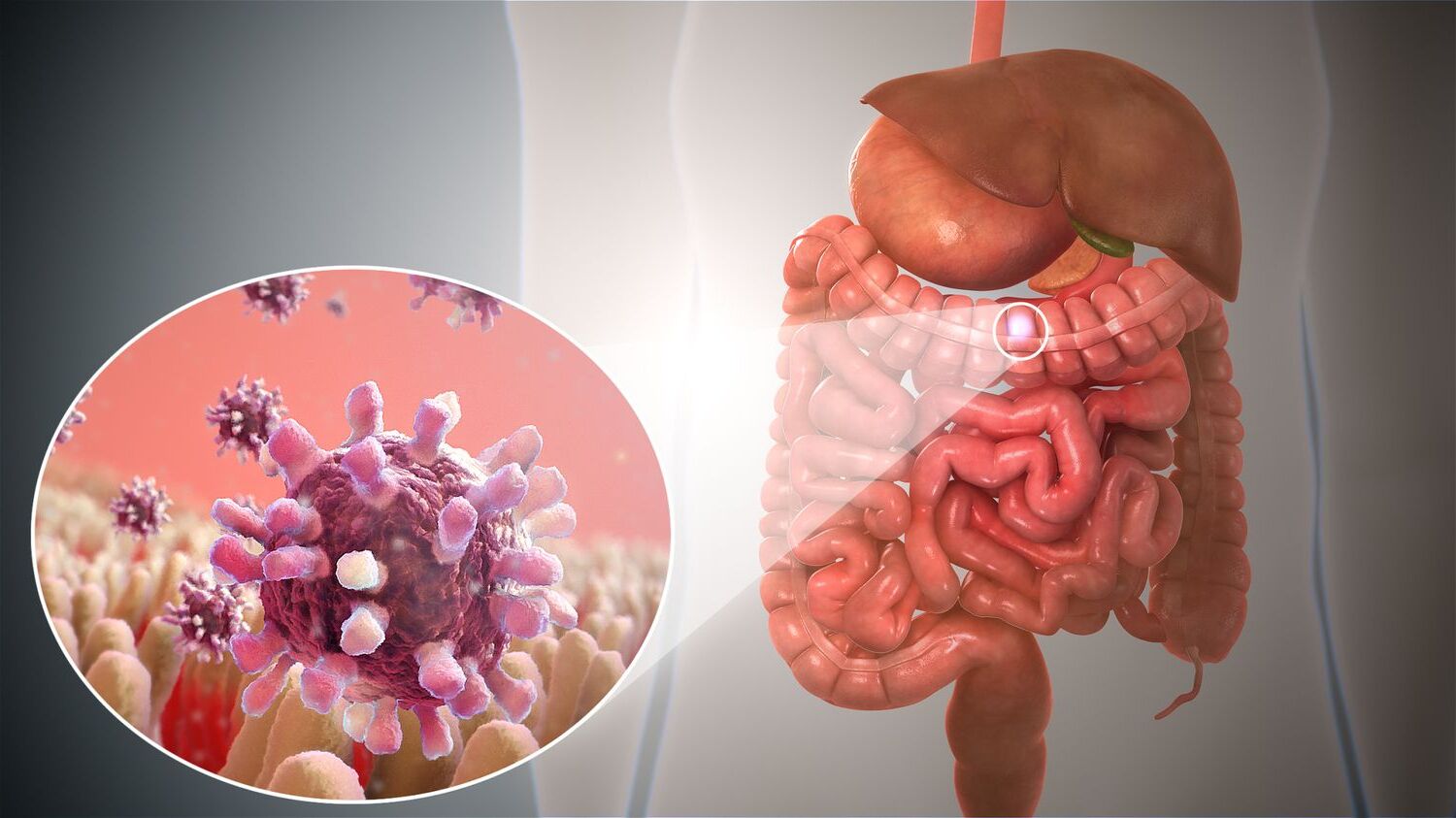
Hapnes Boman Skeie Syndrome (HBSS) is a rare genetic disorder that affects the nervous system. First identified in the 1990s, HBSS presents a mix of symptoms like muscle weakness, sensory disturbances, and autonomic dysfunction. Due to its rarity, with only a few cases reported globally, diagnosing HBSS can be quite challenging. Symptoms vary widely, making it hard to pinpoint without comprehensive tests like genetic testing, electromyography (EMG), and nerve conduction studies (NCS). While there's no specific cure, treatments focus on managing symptoms through physical therapy, medications, and lifestyle changes. Understanding HBSS is crucial for improving the quality of life for those affected.
What is Hapnes Boman Skeie Syndrome?
Hapnes Boman Skeie Syndrome (HBSS) is a rare genetic disorder that primarily affects the nervous system. It was first identified in the 1990s and remains a subject of ongoing research. Here are some key facts about this condition.
-
Definition and Etiology
HBSS is a genetic disorder linked to mutations in a gene responsible for nervous system function. The exact cause is still under investigation. -
Prevalence
This syndrome is extremely rare, with only a few cases reported globally. Its rarity makes comprehensive research difficult.
Symptoms of HBSS
The symptoms of HBSS can vary widely, making diagnosis challenging. Here are some common symptoms associated with the syndrome.
-
Muscle Weakness
Muscle weakness is a prevalent symptom. It can range from mild to severe and affect various muscle groups, including those controlling involuntary functions like digestion. -
Sensory Disturbances
Individuals may experience numbness, tingling, or pain in different body parts. Some may even lose sensation in specific areas. -
Autonomic Dysfunction
This dysfunction can lead to issues like orthostatic hypotension (a drop in blood pressure when standing), syncope (fainting), and other cardiovascular problems.
Diagnostic Challenges
Diagnosing HBSS is complex due to its rarity and nonspecific symptoms. Various diagnostic tools are employed to confirm the condition.
-
Genetic Testing
Genetic testing is crucial for diagnosing HBSS. It involves analyzing DNA to identify mutations in the relevant gene, confirming the diagnosis. -
Electromyography (EMG)
EMG measures the electrical activity of muscles. It helps identify muscle weakness and other abnormalities indicative of HBSS. -
Nerve Conduction Studies (NCS)
NCS assesses nerve function, determining the extent of nerve damage or dysfunction in individuals with HBSS.
Treatment Options
There is no specific cure for HBSS. Management focuses on alleviating symptoms and improving quality of life.
-
Physical Therapy
Physical therapy is vital for managing muscle weakness and improving mobility. Tailored exercise programs help maintain muscle strength. -
Medications
Medications may be prescribed to manage autonomic dysfunction and other symptoms. They help stabilize blood pressure, regulate heart rate, and alleviate pain. -
Lifestyle Modifications
Lifestyle changes are essential. Avoiding strenuous activities, maintaining a regular sleep schedule, and staying hydrated can prevent orthostatic hypotension.
Support and Awareness
Support systems and awareness are crucial for individuals with HBSS. They provide emotional and practical assistance.
-
Support Systems
Family, friends, and support groups play a significant role. They offer emotional support and practical help in managing daily challenges. -
Research and Awareness
Ongoing research and increased awareness can help identify more cases and improve diagnostic techniques. This also encourages further research into potential treatments. -
Genetic Counseling
Genetic counseling helps families understand the genetic basis of HBSS. It provides guidance on reproductive options to prevent passing the condition to offspring.
Psychological Impact
Living with HBSS can have significant psychological effects. Understanding these impacts is crucial for comprehensive care.
- Anxiety and Depression
Individuals may experience anxiety, depression, or feelings of isolation due to the lack of understanding and support from others.
Future Directions
Research into HBSS is ongoing, with hopes of developing more effective treatments and improving diagnostic tools.
-
Advancements in Treatment
While there is no cure, advances in genetic therapy and personalized medicine hold promise for better management of HBSS in the future. -
Understanding Genetic Mechanisms
Future research should focus on understanding the genetic mechanisms underlying HBSS. This knowledge could lead to more targeted treatments. -
Improving Diagnostic Tools
Developing better diagnostic tools is essential for early and accurate diagnosis. This can lead to more effective management strategies. -
Increasing Awareness
Raising awareness among healthcare professionals and the general public is crucial. It ensures better support and management for affected individuals. -
Encouraging Research
Encouraging more research into HBSS can lead to breakthroughs in understanding and treating this rare condition.
Final Thoughts on Hapnes Boman Skeie Syndrome
Hapnes Boman Skeie Syndrome (HBSS) is a rare genetic disorder that affects the nervous system, leading to muscle weakness, sensory disturbances, and autonomic dysfunction. Diagnosing HBSS can be tricky due to its rarity and nonspecific symptoms. Genetic testing, EMG, and nerve conduction studies are crucial for accurate diagnosis. While there's no specific treatment, managing symptoms through physical therapy, medications, and lifestyle changes can improve quality of life. Support systems and genetic counseling play vital roles in helping affected individuals and their families. Ongoing research and increased awareness are essential for better understanding and managing HBSS. Advances in genetic therapy and personalized medicine offer hope for more effective treatments in the future. Living with HBSS can be challenging, but with the right support and management strategies, individuals can lead fulfilling lives.
Was this page helpful?
Our commitment to delivering trustworthy and engaging content is at the heart of what we do. Each fact on our site is contributed by real users like you, bringing a wealth of diverse insights and information. To ensure the highest standards of accuracy and reliability, our dedicated editors meticulously review each submission. This process guarantees that the facts we share are not only fascinating but also credible. Trust in our commitment to quality and authenticity as you explore and learn with us.


